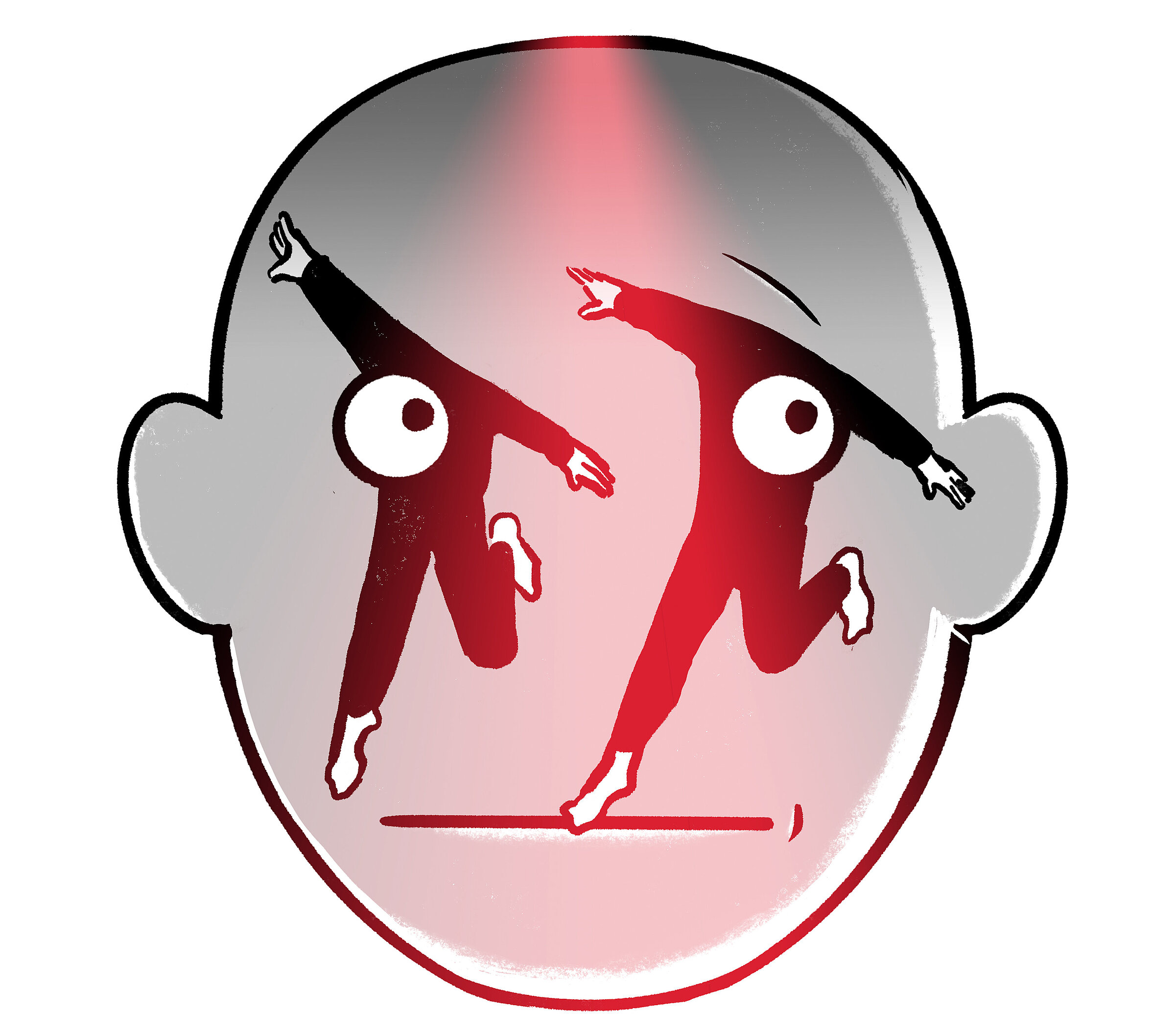When you see a photograph in the newspaper showing somebody competing in the bobsleigh event at the Olympic Games, that picture is immediately intelligible to you. I think of it as a piece of technology. We know how to read it, just as we know how to use a pencil. Our habits are the basis of our ability to act effectively in the world, but they also have limitations; they constrain us.
An artwork is never entirely intelligible; it always remains a puzzle. The question it confronts us with is: What are we? The function of art, as I see it, is to reorganize ourselves. It emancipates us from our habitual and cultural ways of being. Art lets us evolve, even if we remain a version of what we were before. When we look at a painting, it changes as we study it, although the work itself does not change but only our relationship to it. When we ask questions, look harder, and pay closer attention, new features become visible. Works of art give us an opportunity to become reflective about ourselves as perceivers.
That is why I entitled my Berlin project at Freie Universität Berlin “Reorganizing Ourselves”. I want to reach out to artists and scientists from different backgrounds within Berlin to create encounters and collaboration, with the aim of exploring the power of art to be an engine for personal and cultural transformation.
I am a philosopher of the mind. Since my graduate student days, I have studied perception, consciousness, and other aspects of human as well as non-human life. I challenge the inadequacies of neurocentric ways of thinking about the mind. Many natural scientists believe that we are our brain, and our body is just a vessel for it, processing input and output signals. In this view, our perception, our memories, and our consciousness happen solely within our brain. But so far, there is no good account of how that is supposed to work.
To really understand how the mind works, we need to think of the mind as part of an embodied system which is situated in an environment and culture. I call this approach the enactive approach to consciousness. Instead of thinking of our mental life as chemical reactions inside the brain, we should think of it as something that we enact or do in the context of our embodied life as animals. I believe that perceiving is something we enact using our whole bodies, and in this sense, we compose or choreograph our experiences in our daily life.
This idea is very appealing to people in the arts world, especially in the dance world. They are finding intellectual inspiration and hints to better understand their own activity in my scientific work. If we take perception as something that we enact, there is a way in which choreographers themselves are working on perception. An interesting question for me is: Could artistic work thus be seen as a distinctive kind of research? And if so, what kind of knowledge does it produce?
For thousands of years, we as human beings have been trying to understand ourselves. The idea that somehow next week Nature will publish the key to human nature or how the mind works is an absurdity. Still, it is not uncommon for some scientists to state, “This used to be a philosophical problem; now it is a scientific problem, and we can get down to the serious business of truth.” My Einstein project is saying no – philosophy and art are both unavoidable parts of what we need to develop a productive biology of the human. I want to get natural scientists to appreciate the indispensable role of art, philosophy, and aesthetic thinking. Because when they deal with the major problems about being human, like love, perception, or consciousness, they just take a stand, they do not prove anything.


